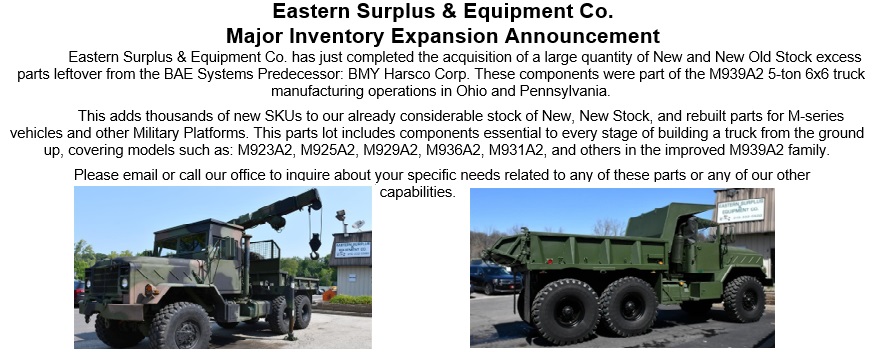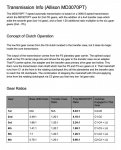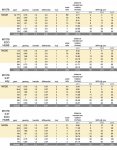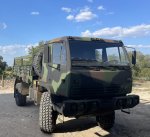Ronmar
Well-known member
- 4,473
- 8,387
- 113
- Location
- Port angeles wa
So put them on, if you don’t like them you can always put the spiders back on… unless you are contemplating a LOT of weight, I do not think you will be disappointedThe comparison I am interested in is the crawl ratio. In a vehicle this big a crawl ratio over 50 would be helpful on difficult trails (7+). Moving methodically and steady through obstacles is easier on the equipment and the occupants. For example: I'd like to have ECO HUBS on our rig and take the Road to Hite to camp at The Doll House. The low crawl ratio is giving me pause.
Now if I could reprogram the throttle control in MODE to make it less punchy that would be helpful.
You have much more experience than I do running 48's on a rig. I value your comments—
Last edited:






